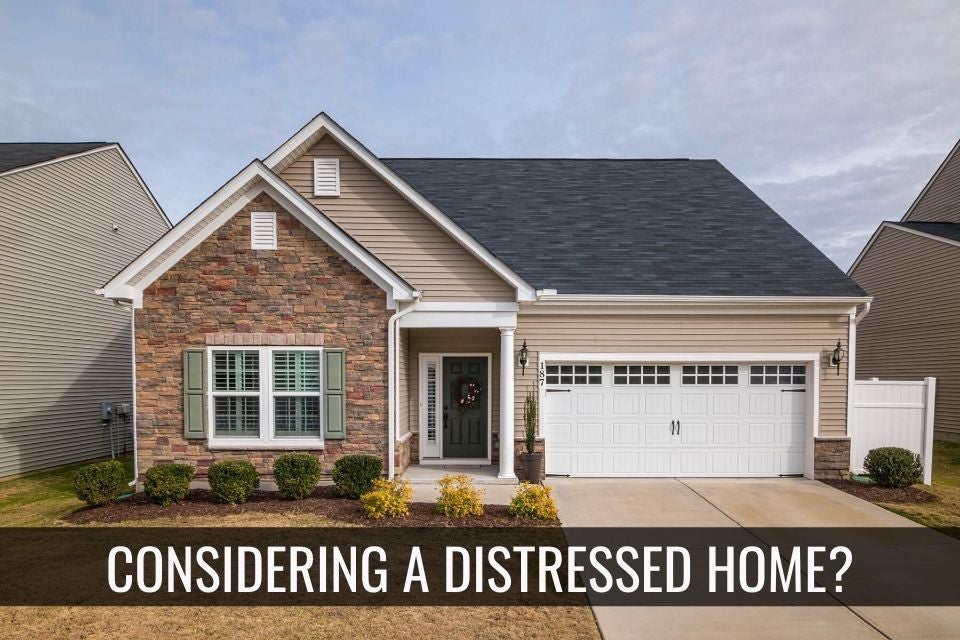
Before you decide to buy, it’s important to understand what is considered a distressed property. While a distressed home might need significant repairs, the term “distressed” is actually referring to the financial situation of the seller (foreclosures and short sales) rather than the condition of the home.
The home itself might also have material issues. Everything from deferred maintenance to major system problems may be present, and a distressed homeowner will not be in a position to make repairs. Selling a home “as is” does not, however, eliminate their responsibility for disclosures and these must be carefully reviewed.
There are advantages to buying a distressed property. Often these homes are listed lower than market value to encourage a quick sale. If the home is considered a fixer-upper, the homebuyer might save thousands of dollars compared to other homes in the area. If you are handy or willing to tackle this kind of project, then buying a distressed property might be a great solution for you; just ensure you get a comprehensive home inspection so you are fully aware of the condition of the home.
If you find that the projects are beyond your skills, or the cost of the repairs would outweigh the savings, consider buying a more expensive home that is move-in ready instead. You’ll want to make sure you’re not getting in over your head…or your budget. In this way, the property will be the bargain you hoped it would be.
